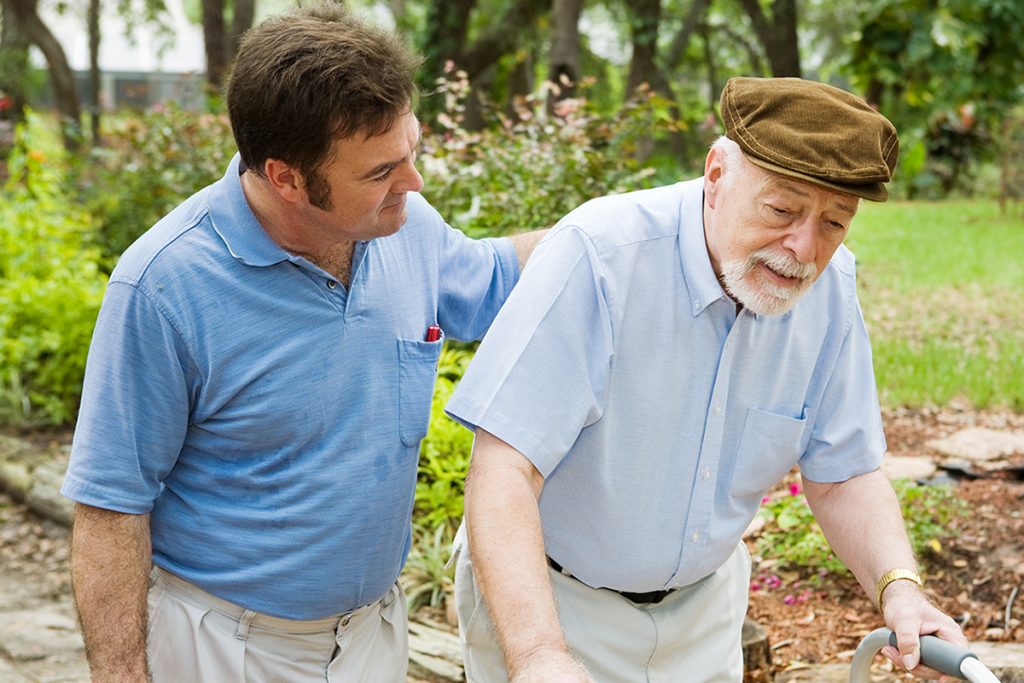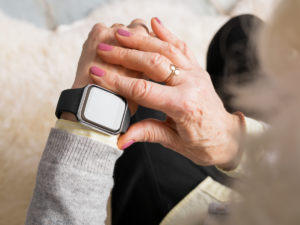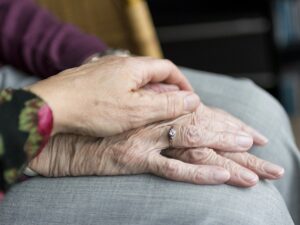Tips for Coping with Sundowning
The Condition Is Also Called “Late-Day Confusion”

Late afternoon and early evening can be difficult for people with dementia. Sundowning — or “late-day confusion” — can lead to restlessness, agitation, irritability, and/or confusion that can begin or worsen as daylight begins to fade.
The “Longest Day”
The topic is especially timely as June 21 — or the “longest day” — approaches. That’s when the St. Louis region will enjoy nearly 15 hours of sunlight, with the sun rising at 5:36 a.m. CT and setting at 8:29 p.m. CT.
But after that date, days will get shorter and sundowning will likely begin earlier each day. The “shortest day” of each year, which rolls around on Dec. 21, offers local residents less than 10 hours of sunlight.
Worse Later in the Day
If someone you care for has Alzheimer’s or another type of dementia, their confusion and agitation may get worse in the late afternoon and evening. In comparison, their symptoms may be less noticeable earlier in the day.
Sundowning can continue into the night, making it hard for people to fall asleep and stay in bed. What typically follows is caregivers having trouble sleeping, and that can lead to a plummet in their performance and effectiveness.
What Causes the Condition?
The exact cause of sundowning is not well understood, but it’s likely triggered by changes in the brain. That can impact a person’s “biological clock,” which leads to confused sleep-wake cycles and generally forces agitation.
Studies suggest other possible causes of sundowning include being overly tired, unmet needs such as hunger or thirst, depression, pain, and/or boredom. The condition continues to be researched by many people worldwide.
Training & Tips
Parc Provence’s staff has experience caring for individuals with sundowning. Its training generally includes a combination of these tips:
- Stick to a predictable schedule
- Keep residents active during the day
- Engage in regular physical activity or exercise
- Make early evening a quiet time of day
- Reduce noise, clutter, or people in a room
- Distract residents with snacks, objects, or activities
- Do not consume alcoholic beverages
- Reduce the consumption of caffeinated beverages
- Minimize shadows and use light for ambiance
- Regulate naps and overnight sleep
- Contact a doctor when necessary
Want to Learn More?
For more information on sundowning, visit one of many online resources:
- Alzheimer’s Disease Education & Referral Center
- Family Caregiver Alliance
- Mayo Clinic
- National Institute on Aging
- National Respite Locator Service
Schedule Your Personal Tour Today
For more information on Parc Provence or to schedule a personal tour, please call 314-697-2081. Our professional staff is happy to meet with prospective residents and/or their loved ones.





